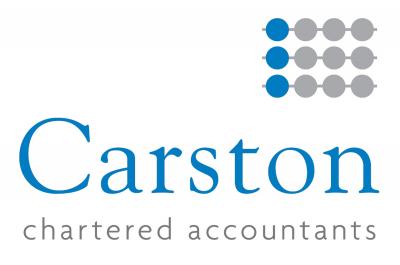The ongoing cost of living crisis continues to affect the UK public, businesses and the overall mood of the country. Like all of these industries, the charity sector is also feeling the pinch.
For most charitable donors, giving money each month is seen as non-essential, despite the clear value it brings to the charity.
People are cutting back on spending in order to afford food and necessary items, with those below the poverty line now relying on charities to help them out.
In this article, we’ll examine the different economic factors affecting charities, and how other charities are tackling the crisis of rising costs.
Demand for charity help increases
These days, there’s an increase in demand for support and advice from charities. Economic turbulence can impact all areas of people’s lives, from managing household finances to work/life challenges and health issues.
This demand for charities has been huge — showing not only how the public is struggling with rising prices, but also highlighting the charity sector’s ability to cope.
In response, all you can do as a charity is keep working towards your mission and prioritise your most essential services. Raising awareness for your cause is another good way to encourage your supporters to stick by you.
Fundraising issues
According to recent polling from the Charities Aid Foundation (CAF), just under a quarter of the public have cancelled or reduced their charitable donations to help alleviate the impact of the cost of living crisis.
Around two-thirds of people plan to cut back in the face of rising living costs, and around one in eight say this will include any charitable donations.
Many charities are reducing the services they offer as a result. With more money needed, but fewer willing donors, looking for alternative solutions is hard in a sector that relies heavily on public generosity.
Larger bills
The CAF has also reported that 86% of charity leaders are concerned about paying their rent and utility bills.
So, in addition to increased demand and reduced donations, higher running costs are adding to charities’ challenges during the cost of living crisis.
So how do you respond?
Charities, like businesses, must be flexible in these times of financial uncertainty.
Relying on the support of others means part of the challenge is finding the right donors, the right corporate partner or the right marketing spin to draw people to your cause, despite the crisis.
These financial challenges are likely to be here for the foreseeable future — that means planning ahead, taking stock of where you are as an organisation and adapting to change is crucial.
Utilising industry expertise
Thankfully, there is always expertise available to you. Talking to an accountant will help you better understand the challenges ahead, tighten up your financial, and talk openly about your goals and ambitions.
As charity experts ourselves, we’re well-versed in helping organisations like yours make ends meet, reach their goals and plan for the future.
We’ve helped numerous charities with their finances, giving actionable advice, clear guidance and good conversations to help them stay afloat and on track with their mission.
Get in touch with us to discuss how the cost of living crisis is affecting your charity.

